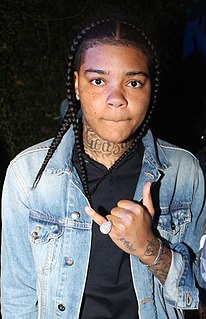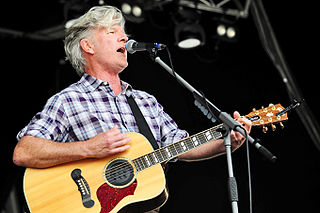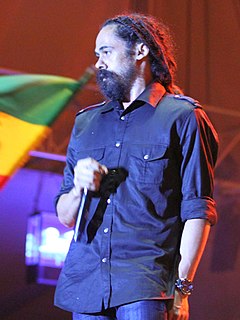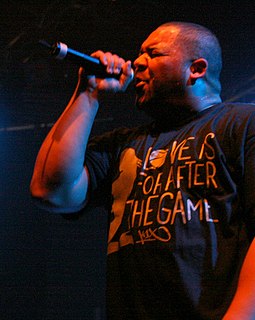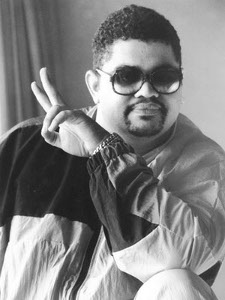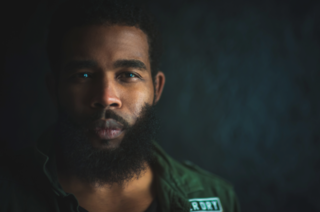A Quote by Cheo Hodari Coker
When you scratch the soul of hip-hop, you find R&B and funk but also reggae.
Related Quotes
The big change was reggae and hip-hop, which came along after Split Enz had started. When Bob Marley first visited New Zealand, he lit a fuse that is still burning very brightly. The Maori people particularly honor reggae music in a very big way. So there is a strong reggae scene and a strong hip-hop scene, especially among Samoans. There's still plenty of quirky stuff around. No one expects to make much money here, so it definitely does encourage an underground sense.
My definition of hip hop is taking elements from many other spheres of music to make hip hop. Whether it be breakbeat, whether it be the groove and grunt of James Brown or the pickle-pop sounds of Kraftwerk or Yellow Magic Orchestra, hip hop is also part of what they call hip-house now, or trip hop, or even parts of drum n' bass.
Somewhere down the line, the evil ones stole the legacy of hip hop and flipped it to a corporate type of hip hop. They decided to tell everybody 'Well, this is what hip hop is,' instead of coming back to the pioneers and getting the true definition of what hip hop is and what it was and what we been pushing for all these years.

